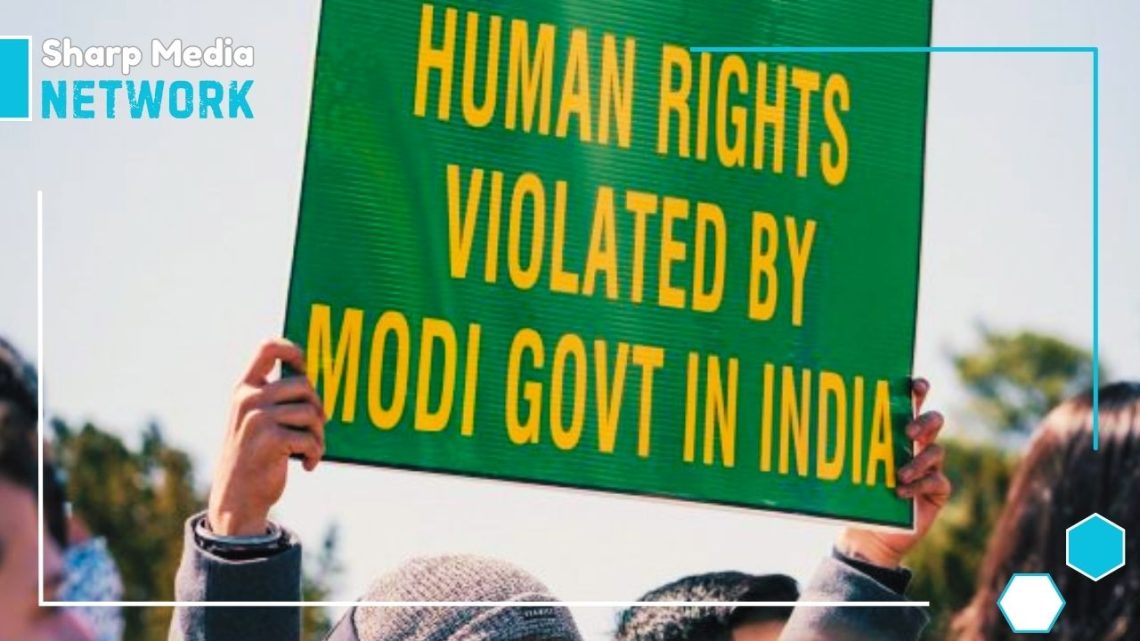
Is India’s Human Rights Record Irreparably Damaged?
December 11, 2024India’s escalating human rights violations, from religious persecution to press censorship, raise the question: is the country’s commitment to justice and equality beyond repair?
On International Human Rights Day yesterday, India’s human rights record remains a glaring issue, particularly under the BJP-led government. According to Human Rights Watch’s 2024 report, India faces widespread criticism for policies that marginalize religious minorities, curtail freedom of expression, and target activists, journalists, and opposition figures with politically motivated charges.
India’s rank of 109th on the Human Freedom Index and 161st on the World Press Freedom Index illustrates the growing restrictions on personal freedoms. Religious minorities, especially Muslims, Sikhs, Christians, and low-caste Hindus, have been victims of increasing violence and discrimination, largely fueled by the rise of Hindutva ideology promoted by the BJP and RSS. Mob attacks and hate speech have emboldened religious extremists, while the state turns a blind eye to such abuses. The Minority Rights Index shows alarming trends in the protection of religious minorities, as political rhetoric increasingly targets these communities.
The situation in Jammu and Kashmir (IIOJK) remains particularly dire, with extrajudicial killings and restrictions on free expression continuing under the Indian government’s counter-insurgency operations. Christians in India also face rising violence, including attacks on churches and harassment under anti-conversion laws, which aim to intimidate and falsely accuse Christian communities. The government’s actions against Naxalites, including over 50 alleged extrajudicial killings between 2022 and 2023, are another troubling aspect of its human rights violations.
India’s Citizenship Amendment Act (CAA) and the National Register of Citizens (NRC) continue to marginalize Muslims and other minorities, further eroding the country’s secular foundations. These policies have sparked global condemnation for undermining religious freedom and human rights. Under the Modi regime, journalists and online critics are increasingly targeted with fabricated charges, sedition accusations, and draconian counter-terrorism laws. The international community, including the White House, condemned the harassment of journalists questioning the government on religious minority issues.
Gender-based violence remains rampant in India, with alarming statistics from the National Crime Records Bureau showing that a woman is raped every 16 minutes. Despite this, the Indian government has failed to enforce adequate laws to prevent sexual harassment, and has not ratified the International Labour Organization’s Convention on Violence and Harassment (C190), despite voting in favor of it in 2019.
Once hailed for its secular democratic values, India is now witnessing the erosion of principles like equality and justice. Modi’s promotion of exclusionary nationalism has replaced the inclusive ethos that once defined the nation. With state-sponsored human rights violations, hate crimes on the rise, and the judiciary failing to hold the government accountable, India’s civil society must step up to prevent further damage to its democratic fabric.

